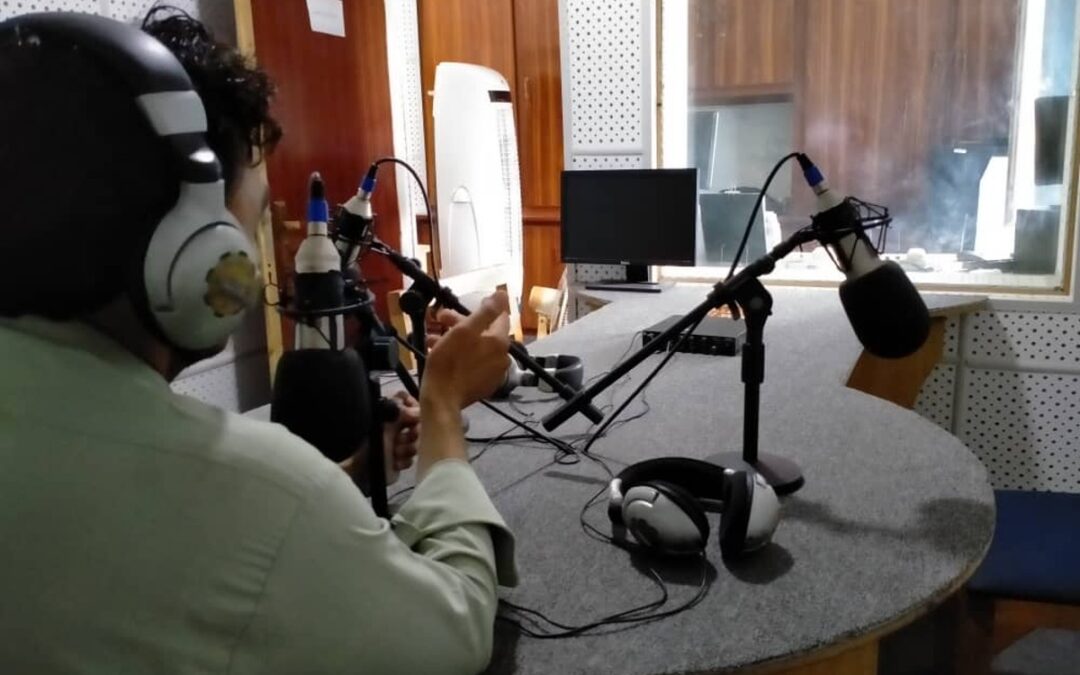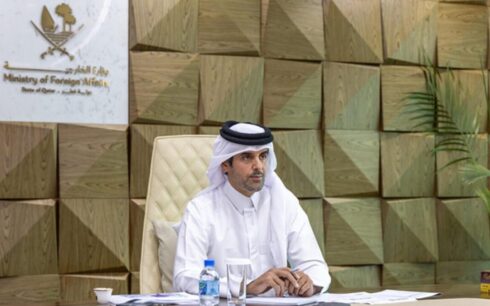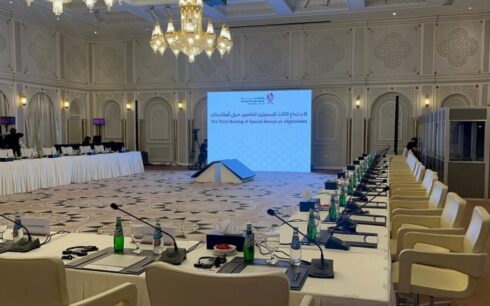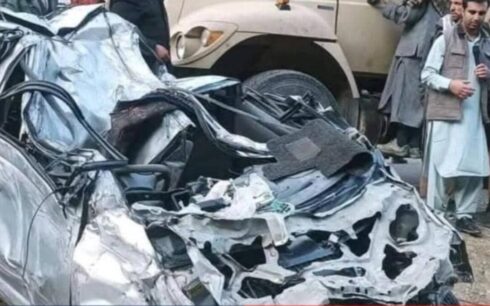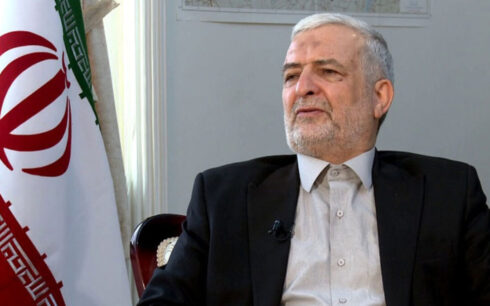KANDAHAR, Afghanistan — The Taliban’s deputy governor in Kandahar, Mohammad Sadiq Inqilab, has called on local journalists to shape their reporting in favor of the ruling regime, emphasizing that media coverage should support the Taliban’s agenda.
In a statement from the governor’s office, officials described a Saturday meeting in which Inqilab gathered media representatives from across the province, urging them to contribute to what he referred to as Afghanistan’s “defense force.” He claimed that the international community had launched a “propaganda war” against the Taliban, positioning the media as a potential counterforce.
In recent months, Taliban officials have held a series of meetings with journalists and media executives in multiple provinces, including Kandahar. During these meetings, officials reiterated the need for compliance with Taliban-imposed restrictions, which ban the broadcast of images of living beings and prohibit filming at official gatherings.
These constraints are part of the Taliban’s broader effort to implement its law on “Vice and Virtue,” which has led to severe limitations on press freedoms since the group’s return to power in August 2021. The restrictions have included shutting down the government-run RTA network and imposing a ban on independent media coverage of Taliban-led events.
The Afghanistan Journalists Center (AFJC) reported nearly 450 cases of violence against journalists and media workers since the Taliban’s return. The report, released Thursday to mark the International Day to End Impunity for Crimes Against Journalists, outlined a bleak reality for press freedom in Afghanistan. Since 2021, the organization has recorded 447 incidents, including threats, detentions, and physical attacks. At least three journalists have lost their lives during this period, underscoring the rising dangers faced by the Afghan press under Taliban rule.
The report highlights an increasingly perilous environment for journalists, whose capacity to operate freely has been deeply compromised by ongoing repression. The Taliban, which has consolidated control over much of the country’s media landscape, continues to exert pressure on journalists, often under the guise of national security.

